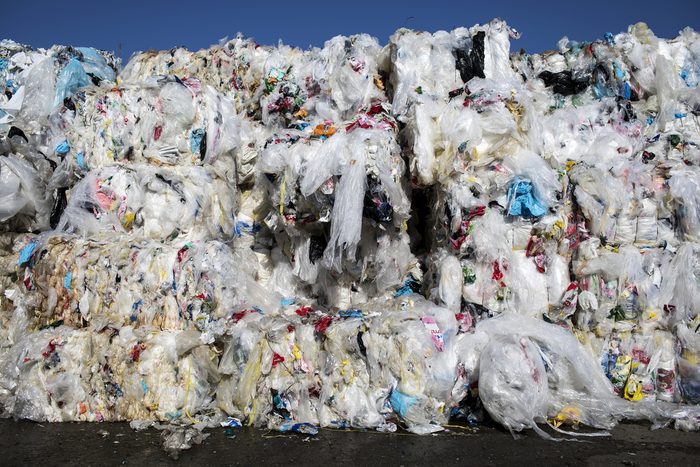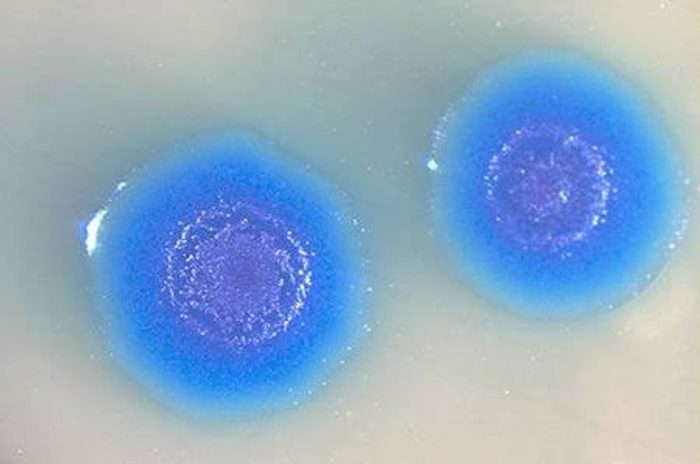Hello, it's Kasmira here, with our first newsletter since the long weekend. Today we're covering the launch of a new Swiss digital platform on a quest to track the global trail of plastic waste.
And do we need a Paris agreement for tech? Heads of state and tech chiefs are exploring the question at the World Economic Forum's Global Technology Governance Summit this week.
Meanwhile, a bit further afield but key to digital governance discussions taking place here in Geneva, new research shows how artificial intelligence errors can lead to bad decisions by self-driving cars and medical algorithms. |
|
Science & technology news
|
|

Plastic waste at InnoRecycling, Eschlikon, Thurgau (Credit: Keystone / Alexandra Wey)
|
|
🤝 Do we need a Paris Agreement for tech?
A new framework or set of rules is needed to define how we use emerging technologies and address ethical issues. That's the consensus among government and business leaders attending the World Economic Forum's Global Technology Governance Summit. Here's what they said.
World Economic Forum (EN)
|
|
Here's what else is happening
|
|
Science & Diplomacy reads by GESDA
|
|

Myoplasma mycoides bacterium containing a fully synthetic genome, created by Craig Venter in 2010 (©J.Craig Venter Institute)
|
|
What is life?
In 2016, the human genome pioneer Craig Venter, after a series of advances in a new field called synthetic biology, succeeded in rebuilding from scratch the minimal genome for a bacterium to live: he showed that only 473 are needed for that (humans have about 23,000). That was the first organism to survive on a DNA-strand fully reconstructed in a lab and reinserted in the cell. But then came the caveat: the bacterium was living, but was unable to reproduce properly. Not that great if you want to expand and colonise (as bacteria normally do).
Actually, that minimal synthetic genome was not enough. A team of biologists has now shown that genes first thought to be dispensable, were actually needed not for the cell to survive, but to divide normally. So they added these genes in the “artificial cell” for it to then grow a nice colony. “[This research] is incredibly important for understanding how life works and what genes are needed to operate cells reliably,” Drew Endy at Stanford University in California, who wasn’t part of the study, said to the New Scientist.
This study reminded me of a conference of Craig Venter I attended in Dublin in 2012, where he addressed the question raised by physicist Erwin Schrödinger for his book: “What is life?” For the genomist, with synthetic biology, as we can now reconstruct a full genome with a software written (with 0s and 1s) in a computer and a biosynthesizer, “the biological and digital lives become interchangeable”, he said. With this new advance today, this statement becomes more relevant and fascinating than ever.
-Olivier Dessibourg
(EN)
|

This selection is proposed by the Geneva Science and Diplomacy Anticipator
GESDA, working on
anticipating cutting-edge science and technological advances to develop innovative and inclusive
solutions for the
benefit of the planet and its inhabitants.
|
|
GS news is a new media project covering the world of international cooperation and development. Don’t hesitate to forward our newsletter!
Have a good day!
|

|
|
Avenue du Bouchet 2
1209 Genève
Suisse
|
|
|
| |











